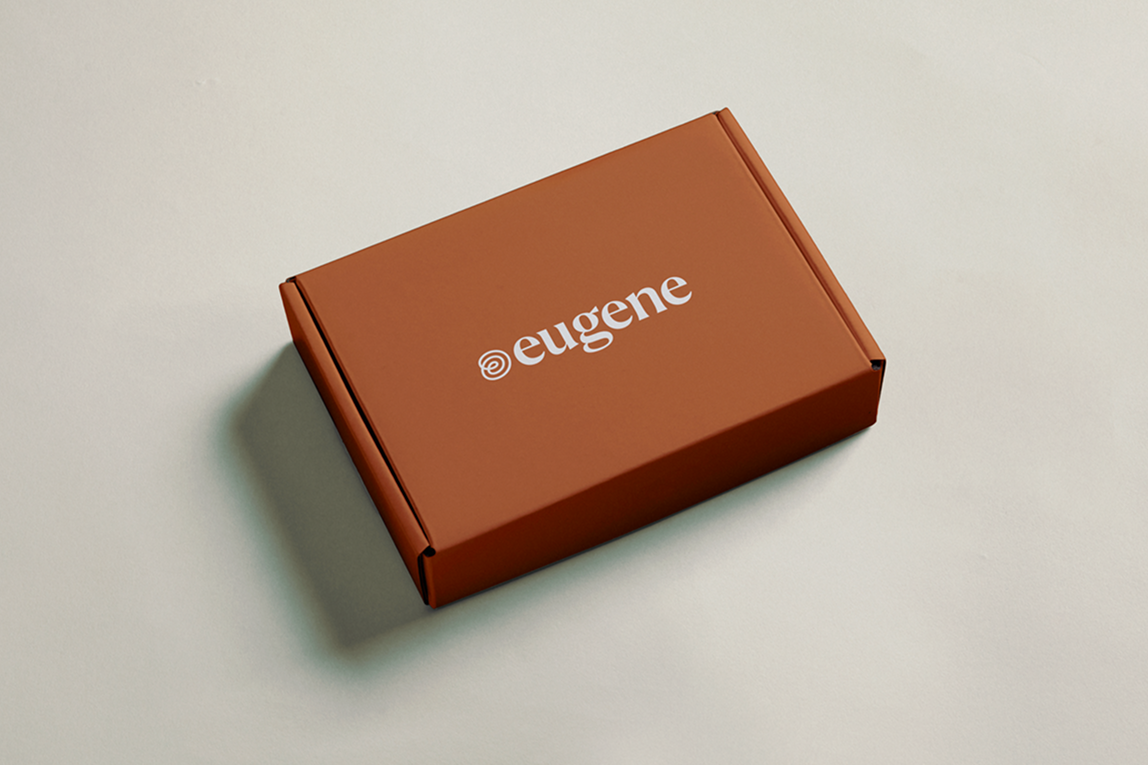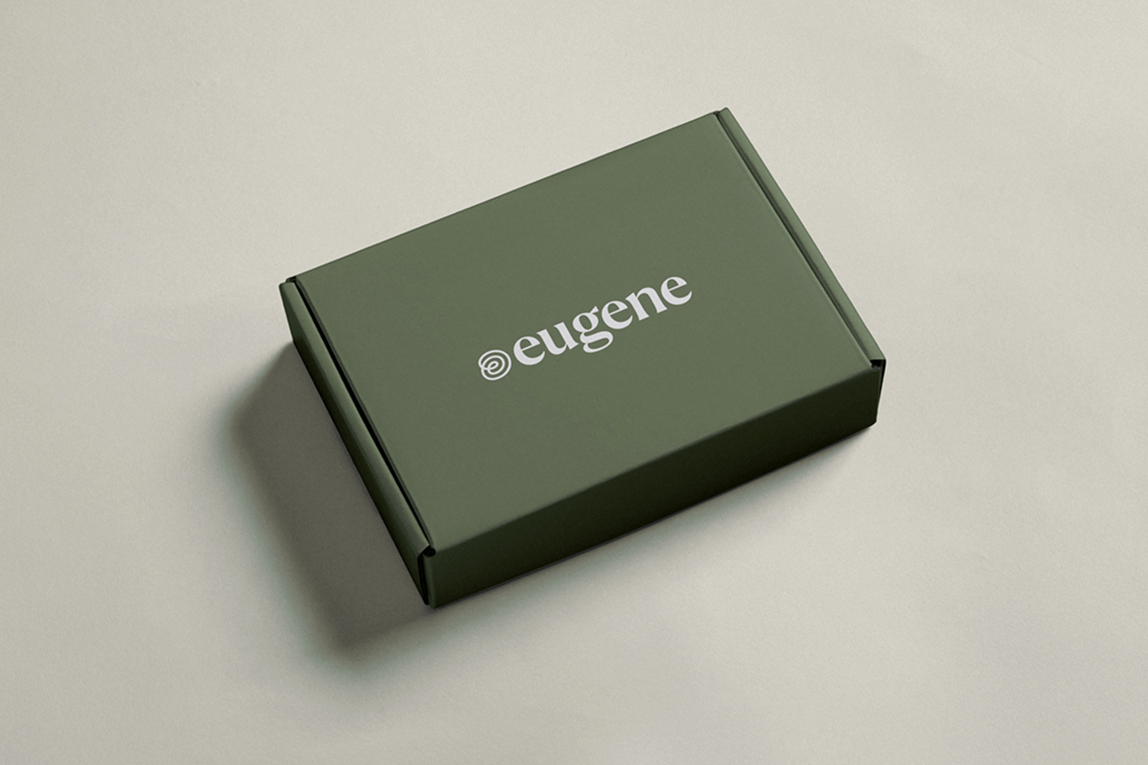Reproductive health
What to expect: Your genetic counselling appointment.
So, you're about to have a call with a Eugene genetic counsellor before getting a carrier test and you're wondering what to expect? No worries, that's a normal question to have. Here's everything you need to know: Who should join the call? We can't wait to meet you! If you're planning on getting a genetic carrier screening with your partner, it would be best if you're both on the call. We typically do video calls, but if you're unable to be together during the call, each of you can dial in separately. What will we talk about? We want to get to know you, and part of that includes exploring your medical and genetic history, as well as your ethnic background. Together, we'll build a family tree, which includes four generations of your family, your parent's generation, your grandparents, and any children, nieces, or nephews. We'll also go over your family's health history, including any major health problems and family members who passed away due to health issues. We'll also discuss your reproductive and pregnancy history, including any pregnancy or fertility problems. Your family tree will look a little something like this: Why is this call necessary? We pair each member with a genetic counsellor for support and guidance every step of the way. It's only when we understand your motivations, expectations, and concerns that we can tailor your experience to what's relevant for you. During the call, we'll also cover how carrier screening works, what it can and cannot do, and what to expect on your journey with Eugene. And don't hesitate to ask us any questions you might have How does it work? We make the process easy. Everything is done at home, so you never have to leave your couch! We'll schedule video call appointments and ship you your kits for free. We'll also include a free session with your genetic counsellor before we send you the kit. And if after the call, you decide that the test is not right for you, we'll refund you every dollar. Some things that are good to know Most of the time, it takes two to tango, so we usually recommend having genetic carrier screening with your partner (if you have one). Here are a few reasons why: 70% of people who do the test find out that they are healthy carriers of at least one of the diseases we screen for. And this is not dependent on who they are, where they are from, or their personal health history. As humans, we all carry these recessive traits so this is totally normal! For most conditions, both partners must carry the same disease for there to be a risk of having a child born with that condition. That’s why it’s more useful to do the test as a couple. 2.5% of couples who have genetic carrier screening with Eugene are identified as being at risk of having a child born with one of the inherited genetic conditions found on the panel. Knowing this risk in advance can open up reproductive options and help you make empowered choices, or even avoid passing on the disease. Obviously, we’re here to help you throughout the process with counselling before and after the test so you can feel informed, prepared and empowered to make choices that feel right for you. Because you inherit your DNA from your parents and pass it on to your children, your results could have implications for all your blood relatives. We recommend that in time you should tell these important people about this – so that they too can make informed decisions about their pregnancy plans. If you have any questions for us, just send us an email at counsellors@eugenelabs.com or give us a call at (03) 9015 4363. Either way, you’ll get a genetic counsellor to help answer any of your questions!
Proactively starting a family
Deciding to become a parent is a milestone moment for a reason. You're bringing new life into the world and getting ready for all the joyful ups and downs that come with it. If you or your partner are preparing for pregnancy, getting a genetic carrier screening is one of the most important things to consider (aside from picking a name and where to put the crib). Whether you have a family history of genetic conditions, a screening can give you a clear snapshot of your options. If you want to go into your pregnancy with confidence and peace of mind, an at-home carrier screening is one of the most powerful tools you can use. And here's why. Many of us know or have heard of someone born with a genetic condition. A baby's diagnosis of a genetic condition can come as a big shock, mainly because 90% of babies born with a genetic condition do not have a family history. Naturally, when someone hears this statistic, it's followed up by an important question- how can I know if my baby might be born with a serious, inherited genetic condition? Thankfully, the answer is straightforward. People planning a pregnancy can do a genetic carrier screening test. A genetic carrier screening test looks at both reproductive partners' genes to see if they carry a genetic condition. Until recently, this type of medical-grade genetic testing hasn't been accessible to most of us, but Eugene is here to change that. At Eugene, we offer genetic testing and end-to-end counselling support for individuals, couples and donors. We have two types of genetic carrier testing: Our Expanded panel screens for 268 recessive conditions and 21 X-linked conditions, and our Comprehensive panel for more than 500 conditions. You may be surprised to hear that around 7 out of 10 people who have screening with Eugene learn they're carriers of at least one genetic condition. This means that those 7 people have a change in their DNA, increasing the chance of having a child born with an inherited condition. At first, hearing this information can sound troublesome, but rest assured; this result is no cause for concern! About 1 in 40 couples who have a carrier screening test learn that both members of the couple carry the same genetic condition or the female carries an X-linked condition. What are the common conditions screened for: Cystic Fibrosis: A condition that 1 out of every 45 people carry. Cystic Fibrosis can cause someone to have lung damage, challenges absorbing nutrients from food, difficulty maintaining a healthy weight, and changes in the amount of salt lost through the body. Thalassaemia: A condition that 1 in every 25 people carry. Symptoms of thalassaemia include a shortage of red blood cells, pale skin, weakness, and fatigue. Thalassaemia affects how red blood cells are made. More severe forms of the condition can also affect the function of the liver, heart, spleen, and bones. 1 in 49 people are carriers of Spinal Muscular Atrophy. This condition affects how messages are sent from the brain to the muscles. This can affect how someone sits, crawls, walks, swallows, and in severe cases, how someone breathes. All conditions on Eugene's carrier screening test are serious conditions that can impact a child's life expectancy or development. Couples that carry the same genetic condition, or females that are carriers of an X-linked condition, learn that with each pregnancy, they have a 25% or greater chance of having a child together affected by the condition. Knowing this information comes with options. For these couples, they may be able to: Use IVF technology to avoid having a child affected by a severe condition. Have a test during pregnancy to see if the baby has the condition and make informed pregnancy choices. Use a donor egg, sperm, or embryo that does not carry the same genetic condition. Adopt or foster a child. Conceive naturally and use the information from a carrier screening test to prepare for the baby's birth. On the one hand, learning as a couple that the chance of having a child together affected by a genetic condition is low can be reassuring to hear. On the other hand, a result that shows a child is at an increased risk for being affected by a condition can be challenging information to learn but can also provide options before and during pregnancy. With your genetic counsellor at Eugene by your side - you can get clear on your options if you carry a gene variant and help you figure out the best pathway for you. Undoubtedly, doing a carrier screening test before pregnancy, or in the first trimester, is an essential part of the pregnancy journey.




